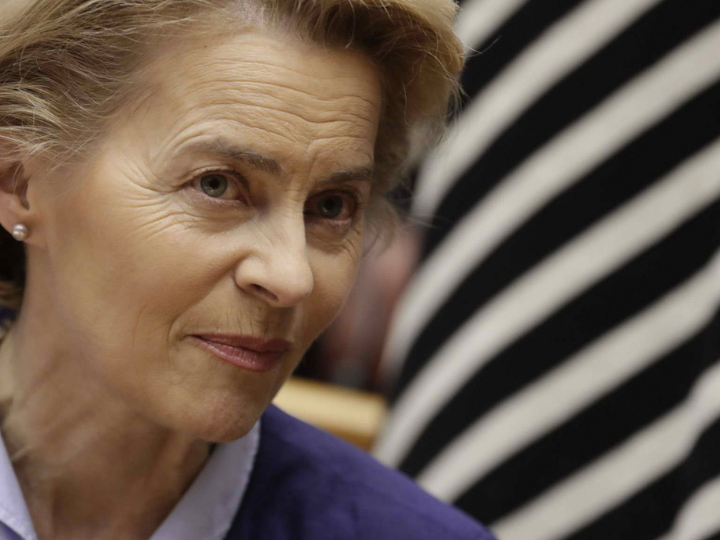
What will the next ’Great Depression’ look like?
By: EBR | Tuesday, July 7, 2020
Is Europe facing a recession or a depression? Are we on the threshold of economic hard times or the brink of a political abyss?

Building Digital Resilience Around the Customer
By: EBR | Friday, July 3, 2020
The ongoing crisis has both brought digital resilience to the forefront and broadened its meaning. This idea originally emerged in the area of cybersecurity and reflected the need to upgrade and maintain IT capabilities to resist cyber-attacks
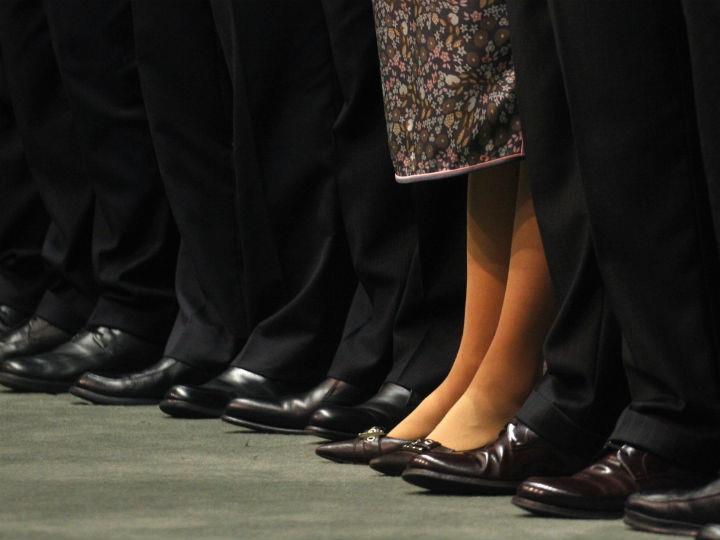
COVID-19 is the biggest setback to gender equality in a decade
By: EBR | Wednesday, July 1, 2020
The longer-term impact of the COVID-19 pandemic will not be equal for women and men. We are currently experiencing the biggest setback in gender equality for a generation
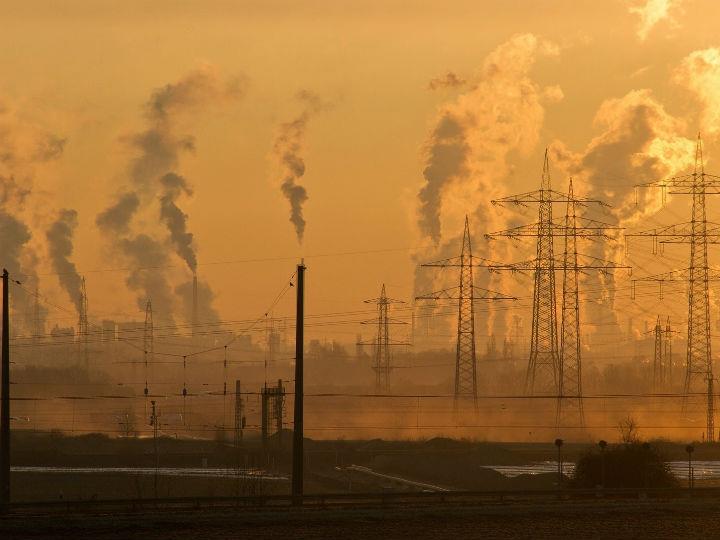
How Data Is Transforming the Energy Sector
By: EBR | Wednesday, July 1, 2020
A new energy industry is busy being born. Steadily, the sector is pivoting from a centralised and monopolistic system dependent on fossil fuels to a renewable, sustainable energy grid
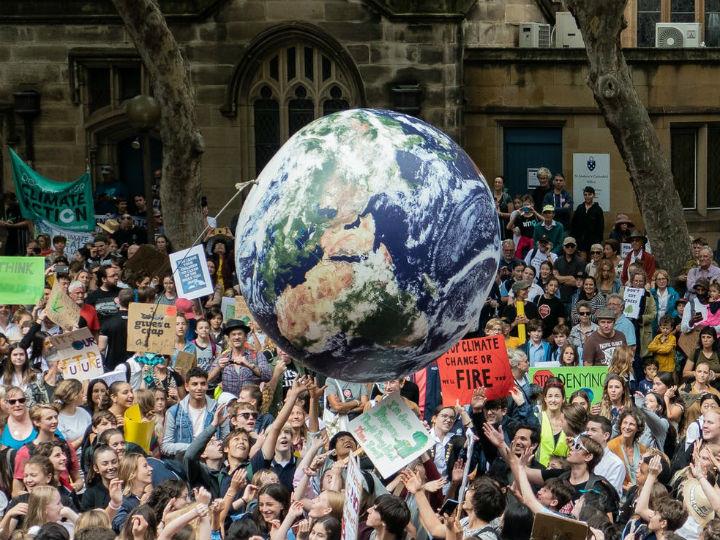
Are Citizens’ Assemblies the Answer to the Climate Crisis?
By: EBR | Friday, June 26, 2020
Citizens’ assemblies have sprouted up in several European countries. It remains to be seen whether they can efficiently boost governments’ responses to climate change

Emerging legislation on commercial uses of facial recognition shows the work ahead
By: EBR | Friday, June 26, 2020
Facial recognition has emerged as a powerful biometric technology, both in practice and in our collective imagination
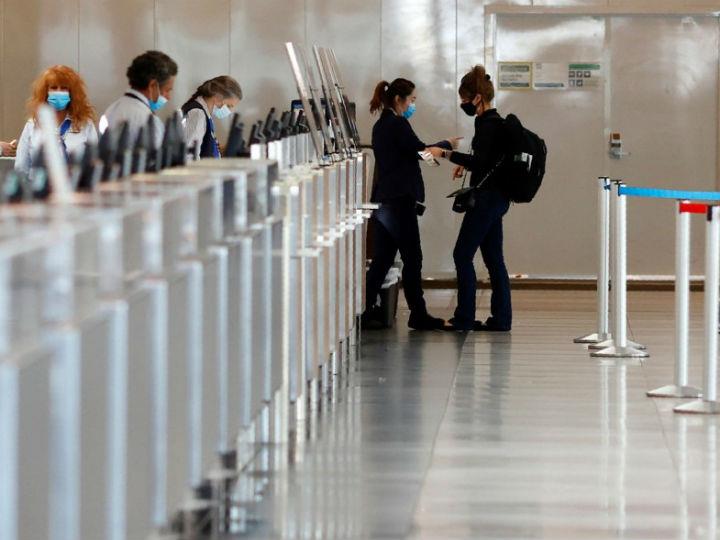
Revealed: data shows 10 countries risking coronavirus second wave as lockdown relaxed
By: EBR | Friday, June 26, 2020
Of the 45 countries to have recorded more than 25,000 coronavirus cases to date, 21 currently have relaxed responses to the pandemic. Of these, 10 are reporting a rising number of cases
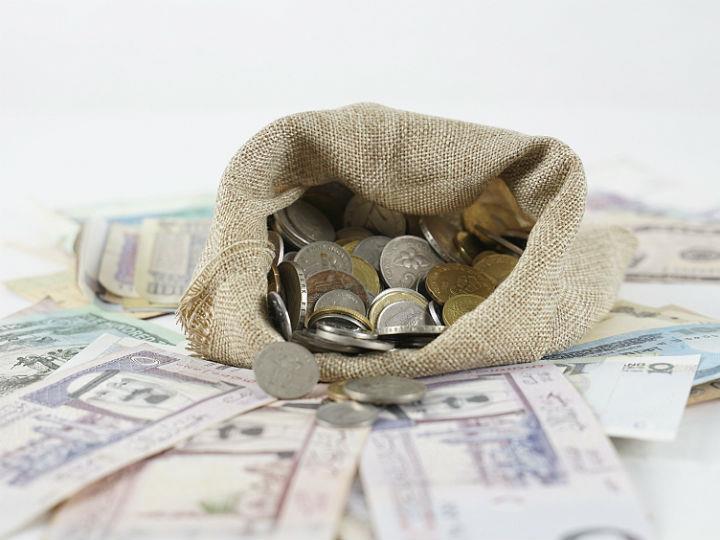
What today’s bailouts can do for tomorrow’s economies
By: EBR | Thursday, June 25, 2020
Last year, the World Economic Forum’s annual Global Competitiveness Report assessed 141 governments’ future-readiness and found that most rated poorly on this and other crucial long-term indicators
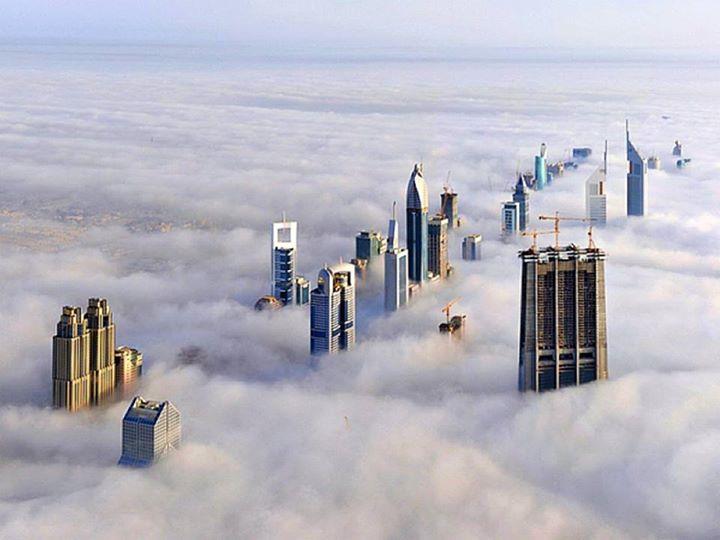
17 ways technology could change the world by 2025
By: EBR | Wednesday, June 24, 2020
"We asked our 2020 intake of Technology Pioneers for their views on how technology will change the world in the next five years"

The Hidden Upside to Low-Power Negotiating
By: EBR | Wednesday, June 24, 2020
The current pandemic has made job hunting an even more daunting experience than it usually is

World health leaders: ’Human activity to blame for diseases like COVID-19’
By: EBR | Wednesday, June 24, 2020
A number of health organizations, including the United Nations, World Health Organization, and WWF International have joined forces in calling for governments to change their ways, regarding sustainable and environmental practices
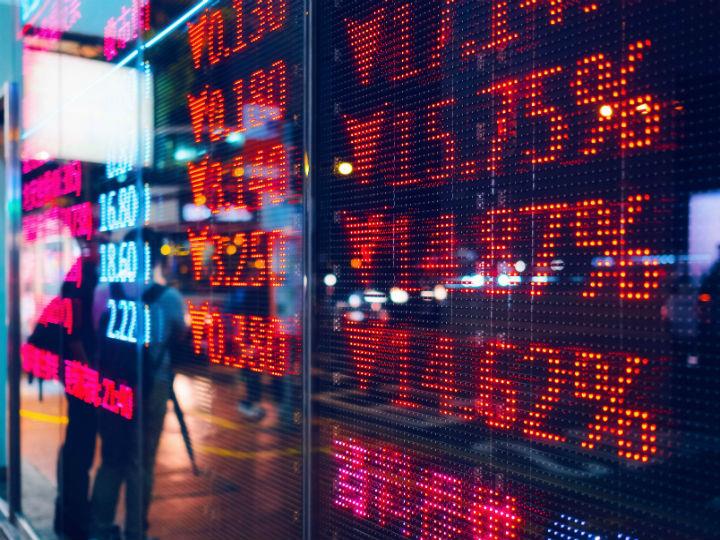
3 lessons public market investors can learn from private equity
By: EBR | Friday, June 19, 2020
As we move through the COVID-19 pandemic, the importance of active ownership to accelerate the public market shift to “stakeholder capitalism” is becoming even more clear
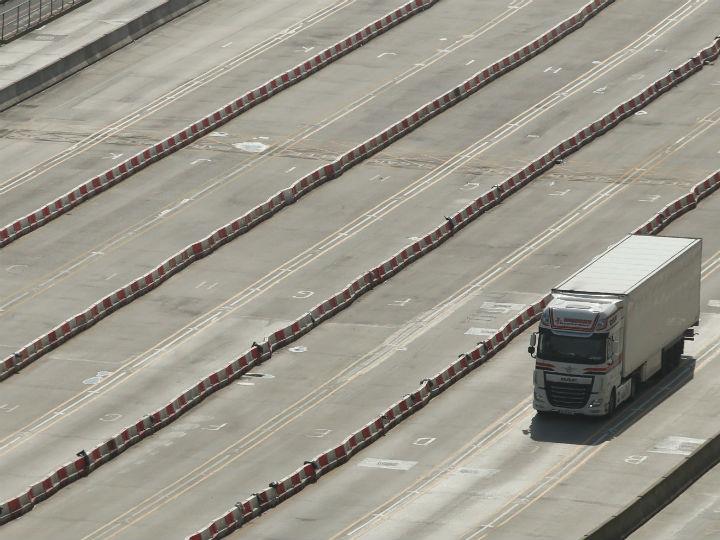
Partnerships helped us fight COVID-19. They can help in the climate battle, too
By: EBR | Friday, June 19, 2020
As we emerge from this unprecedented global crisis, it is useful to reflect upon how we can build a more resilient and sustainable future for our planet

What’s needed to prevent cyberbiosecurity threats and protect vulnerable countries
By: EBR | Friday, June 19, 2020
The CT lung scan showed the ravaging signs of COVID-19 and the inflammatory response, the cytokine storm. But what if the CT scan was wrong?

5 ways to advance digital trade in the post-COVID world
By: EBR | Thursday, June 18, 2020
Globalization is under threat. Even before the pandemic, globalization was already struggling due to years of stagnation in trade growth and uncertainties at the World Trade Organization (WTO) due to US-China trade tensions

Commitment to Life
By: EBR | Thursday, June 18, 2020
To suggest that humanity is living through a defining moment is perhaps to underestimate the nature of our present situation

Nature is everyone’s business: a call for collective action to reverse nature loss
By: EBR | Thursday, June 18, 2020
2020 had been billed a “super year” for nature. As we entered the Decade of Action to deliver the UN Sustainable Development Goals, expectations were high that we would see strides towards a consensus that placed nature at the heart of the conversation around the climate emergency
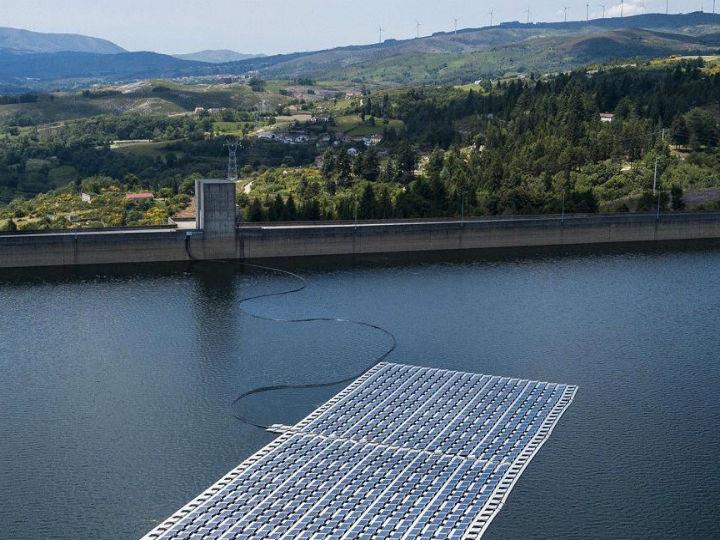
This is how much was invested in clean energy in 2019
By: EBR | Wednesday, June 17, 2020
Global investment in new clean energy capacity rose 1% last year to $282.2 billion, research by UNEP, Bloomberg New Energy Finance and the Frankfurt School-UNEP Collaborating Centre showed
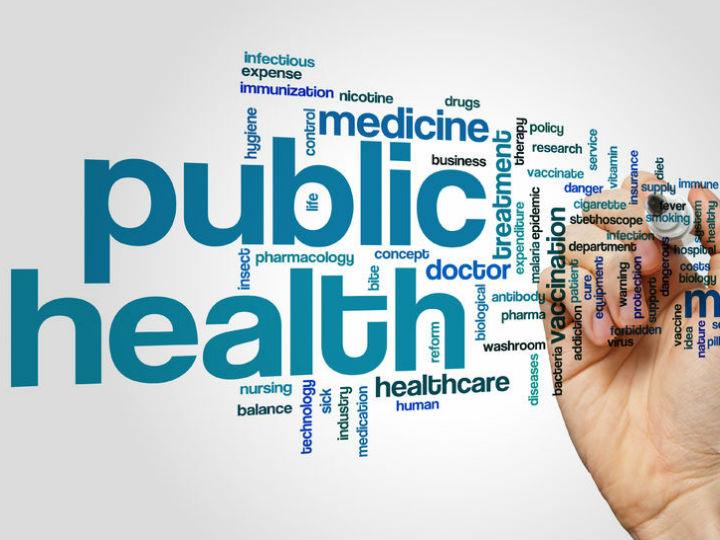
Why Public Healthcare Systems Weren’t Prepared for the Pandemic
By: EBR | Monday, June 15, 2020
The medical response to the Covid-19 disaster has imposed a staggering cost on global healthcare systems, and many are struggling to cope with the demand spikes on their limited resources

Carbon emissions in ‘surprisingly rapid’ surge post-lockdown
By: EBR | Friday, June 12, 2020
Busier roads are to blame for the upsurge in carbon emissions as workers shun public transport



 By: N. Peter Kramer
By: N. Peter Kramer